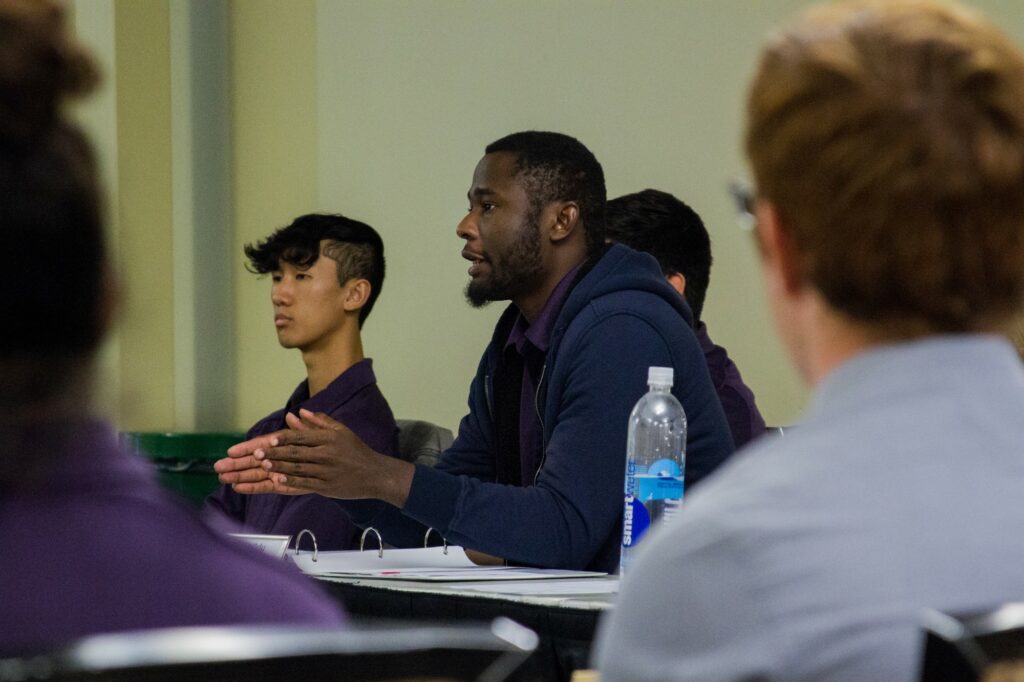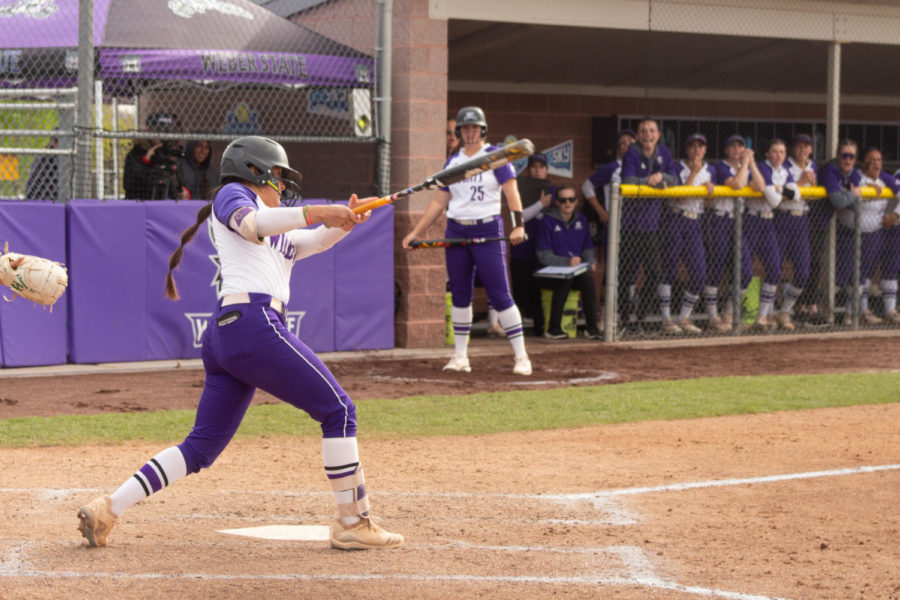
The student accounts of approximately 60 international students are currently on hold due to the students’ inability to pay for medical insurance, which, in turn, will affect their course of study in the U.S.
Roughly 320 international students call Weber State University home, each of whom is required to have health insurance coverage while attending Weber State as non-immigrant students (F-1) or exchange visitors (J-1).
The international students in this story, for fear of backlash, will retain complete anonymity. As such, they will be referred to by their class standing and country of origin.
For one senior Pakistani student, coming to America was a process of financial endeavors, a process he was more than willing to go through in order to pursue a career in business
at WSU.
Per year, that senior Pakistani student has an approximate cost of $26,480, according to WSU’s Undergraduate Tuition cost for 2018/2019. That $26,480 includes the $15,260 international students pay in tuition.
That figure also includes the international student fee of $120, estimated cost of books at $1,200, estimated cost of room and board at $8,400 and estimated cost of health insurance at $1,500.
Among the requirements set forth by the government, those who wish to study in the U.S. must have sufficient funds to support themselves during their proposed course of study.
Furthermore, students with visas, whether academic or vocational, may only work off-campus if it relates to their area of study. Academic visas are denied this option for the first year.
International students working on-campus can work a maximum of 20 hours per week, and finding work can be difficult.
“There are few positions available on campus,” a Pakistani senior said.
To obtain a work visa, or to work off-campus, students must pay a filing fee of $480.
According to Visa Guide, for every year a student surpasses the allotted time issued by the U.S. Embassy to complete their education, they must apply for a renewal. Students can get a renewal by returning to their country of origin or using the automatic visa revalidation option.
“You should be able to work as much as you want,” one international business senior said.
Medical insurance has always been required according to Director of International Student and Scholar Center Mary Machira. However, students say medical insurance was not listed specifically in the estimation breakdown they , nor is it mentioned anywhere on the I20 document (certificate of eligibility for nonimmigrant student status).
“We didn’t have an effective way of implementing the requirement,” Machira said.
Ineffective as the process was in implementing medical insurance requirements, it was simple. The ISSC provided students with sources for medical coverage under the condition the students would bring proof of purchase back to ISSC staff and retrieve their I20 document.
Previously, international students could come to America, settle in at their new schools and even register for classes without an I20 document in hand. Unless students planned to travel, they had free reign to go about their business without having to purchase medical insurance unless they had reasons to do so outside of school.
As of this fall semester, however, students are required to purchase medical insurance through a company contracted by WSU. Students without the ability to pay continue to have holds on their accounts.
Dean of International Students Cliff Nowell and Machira underwent an extensive process to find one provider to cover all international students through WSU. While the intention was to help students acquire insurance and help ISSC staff keep track, it has limited affordability.
Geo Blue won the contract providing Weber’s international students with medical insurance. Coverage per semester with Geo Blue is $475.
“I’m not able to give up this money,” another international student said.
He had previously purchased medical coverage through ISO International Student Insurance.
“It didn’t cover anything,” he said.
However, the plan’s affordability, at three months’ coverage for $150, helped him meet WSU’s requirement.
While some students are able to obtain scholarships, others are left to depend on around $250 every two weeks from their campus jobs — if they are fortunate enough to have one.
There are two exceptions to purchasing the newly-implemented insurance: students from Saudi Arabia and students covered by a spouse or relative under U.S. employment.
Prior to the start of the semester, ISSC staff sent out emails reminding students to purchase insurance with Geo Blue. After seeing little activity, staff made students aware of information sessions in July to address questions and concerns.
Come September, staff placed holds on student accounts who had yet to purchase medical insurance.
“This got their attention,” Machira said.
Students with current holds on their accounts have been informed they must pay spring enrollment in addition to the remainder of fall for insurance through WSU before their hold will be lifted.
In an attempt to help students smoothly transition, Machira asked the company if they would be willing to offer a prorated amount for 170 students who still did not have insurance as of October.
ISSC staff sent emails informing students they could be covered for the remainder of the semester for a lower amount. A senior student from Pakistan had to pay $200 to remove the hold on his account.
“If they can’t afford it, it shouldn’t be held against them,” a senior international student said.
Financial difficulties remain for one Iranian student who, without a work visa, is restricted to supplementing his finances with campus work.
All of this leaves students in a difficult position: pay the remainder of fall in addition to $380 they don’t have for spring insurance in order to lift their hold or pay the $480 they don’t have to file for a work visa, a four to seven month process, allowing them to work off campus.
Compounding the problem, The Department of Homeland Security notes that F-1 academic students have a duration of status listed on their admission stamp upon entering the United States. International students may remain in the U.S. as long as their non-immigrant student status is maintained.
The issue then is that students with current holds on their accounts, due to an inability to pay for medical insurance, risk being in violation of their student status unless they can come up with around $15,000 in tuition and $380 for spring insurance.
All international students must be enrolled full time, with the exception of summer, unless approved otherwise by the Designated School Official in the ISSC.
If students are prevented from registering, they are said to be no longer in pursuit of the course of study or authorized activity according to DHS.
The DSO for the Student and Exchange Visitor Program has 30 days from the beginning of the semester to certify that a student has met all requirements.
International students who have paid their fall enrollment for medical insurance still have holds on their accounts for not having purchased insurance for spring 2019.


















